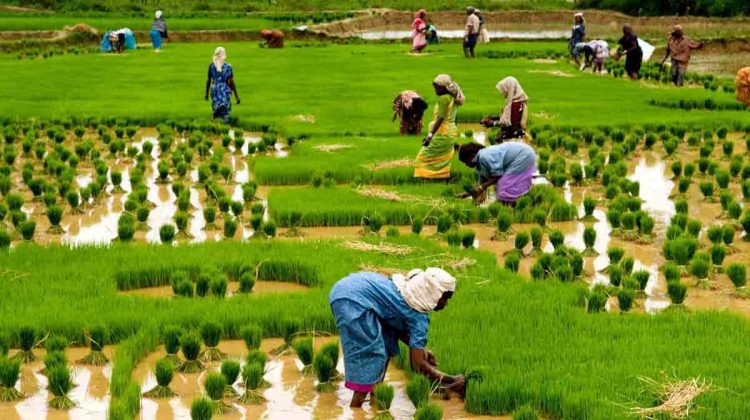- Fertiliser Producers Predict Crash in Food Prices
Industry stakeholders, including the Fertiliser Producers and Suppliers Association of Nigeria, Alliance for a Green Revolution in Africa, Nigeria Agribusiness Group, Seed Association of Nigeria, Micro Reforms for Africa, and the Federal Ministry of Agriculture and Rural Development, on Thursday in Abuja assessed the country’s agricultural reforms in the input sector, with emphasis on the production of fertiliser locally.
Rising from the meeting, the operators declared that food prices across the country would crash any time soon as a result of the drop in the cost of production that had led to the rise in the production of fertilisers locally.
Their statement confirms the position of the Minister of Agriculture and Rural Development, Chief Audu Ogbeh, who announced late last month that the price of fertiliser would fall by about 50 per cent in the coming weeks.
The Project Manager, MIRA, who doubles as the Abuja Liaison Manager for FEPSAN, Mr. Gideon Negedu, told journalists on the sidelines of the event that some foreign and local organisations were partnering the Federal Government to ensure that food prices were slashed considerably.
He said, “There is a programme being packaged by the government to ensure that fertiliser is sold at one of the most affordable rates we have ever witnessed. We’ve been importing 90 per cent of the fertiliser that we use in Nigeria and this warranted a decline in local production.
“Today in Nigeria, we have almost four million-tonne capacity to produce fertiliser locally, but we are doing less than 10 per cent of that. So, the government, in partnership with FEPSAN, is looking at how it can support blending and production units so that these units can begin to produce again. And they can produce customised fertilisers for Nigeria.
“Fertiliser is a critical input and as a result, we can tell you with all confidence that food prices are going to come down tremendously, because the cost of production is going to come down seriously. So as far as production and input is concerned, the price of food will come down.”
The Coordinator, NABG, Mr. Emmanuel Ijewere, also confirmed that food prices would crash once the regulatory framework on fertiliser production was adequately put in place and the FQCB Bill passed into law.
“There is a new paradigm going on in Nigeria. We are creating a seamless opportunity for win-win outcomes for private sector and public sector investments in the agribusiness space. This will not only result in adequate fertiliser, but will make food affordable to many,” he said.
A professor of agriculture economics and Director of Academic Planning, University of Ibadan, Victor Okoruwa, expressed optimism that very soon, Nigerian farmers would start getting improved yields at affordable production cost.

 Forex2 weeks ago
Forex2 weeks ago


 Naira2 weeks ago
Naira2 weeks ago
 Billionaire Watch2 weeks ago
Billionaire Watch2 weeks ago




 Naira2 weeks ago
Naira2 weeks ago




 Naira2 weeks ago
Naira2 weeks ago




 Naira4 weeks ago
Naira4 weeks ago


 Naira6 days ago
Naira6 days ago
 Banking Sector4 weeks ago
Banking Sector4 weeks ago






















